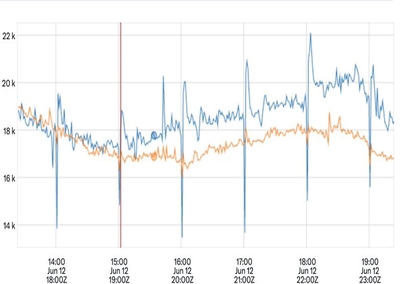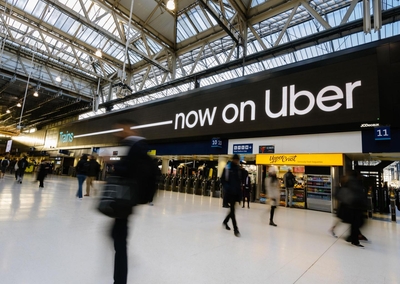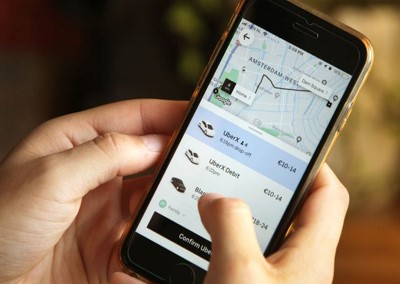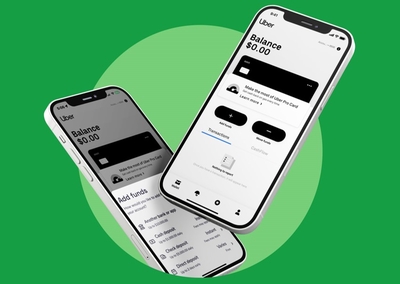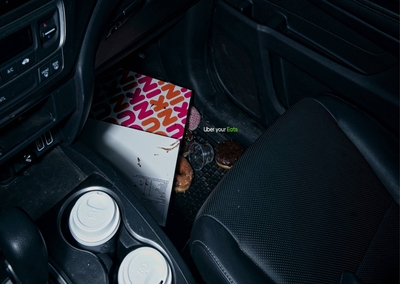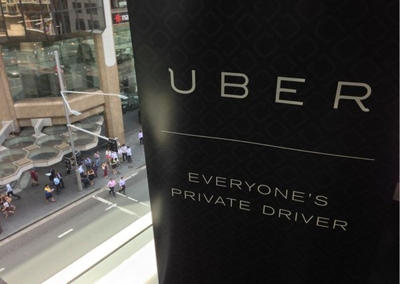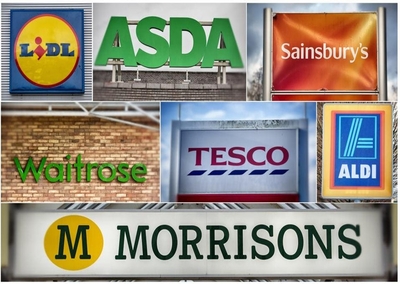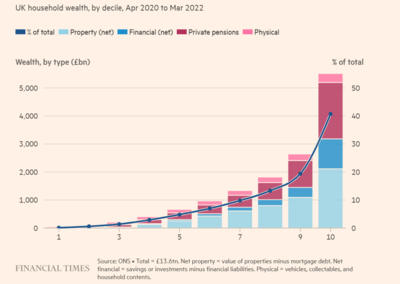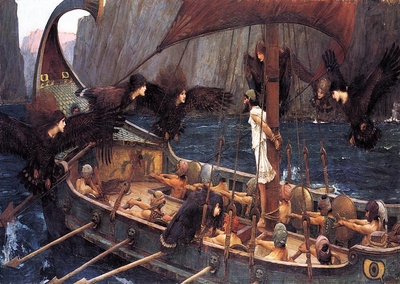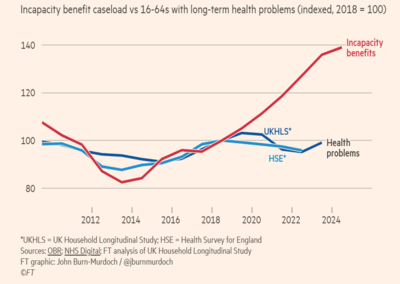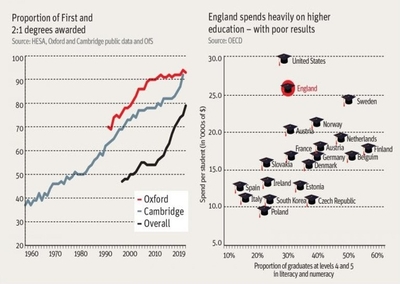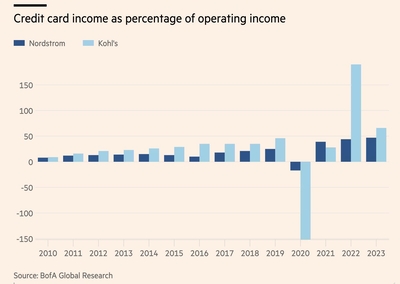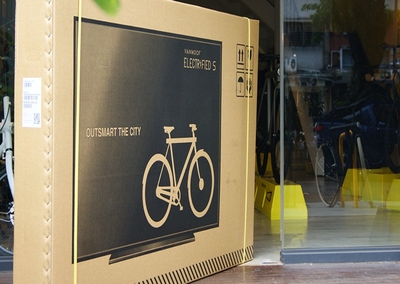After Twitter / X privatised the likes feature, there was a huge spike (roughly 10%) in their volume – suggesting lots of people have opinions they are happy to express in private but not public.
All Threads
Uber could have easily resorted to defining themselves as a taxi service. But they never wanted to limit themselves to moving people around in cars: Uber exists to “reimagine the way the world moves for the better.” This has given Uber a credible platform to provide services as varied as food delivery (Uber Eats), healthcare (Uber Health) and, more recently, travel services.
The taxi service – a poster child for technological disruption – has gone old school: it now accepts cash payments in the UK (outside London). It turns out that a significant proportion of people still find it difficult to use an app.
30% of Uber drivers in the US have never had a bank account, but they need a minimum of a debit card to get paid on the app. So Uber has allowed drivers to sign up for a bank account as part of the application process, and in doing so has become the largest acquirer of small business bank accounts in the US.
Or is it Dunkin?
Uber was was originally a luxury brand before it went mass market; targeted at wealthy professionals and positioned as ‘Everyone’s Private Driver’. It only allowed users to hail a black luxury car and the price was around 1.5 times that of a regular taxi.
UK homes that face each other at the rear are required to be built 21 metres apart. This comes from a 1902 regulation drafted by designers who determined this was the closest they could be to each other before they could see the other’s nipples through their shirts.
What’s worth £99.2bn a year according to one trusted source and £147bn to another? The UK grocery market. Some sources rely on EPoS (electronic point of sale) data – every transaction a retailer has made – but Aldi and Lidl famously don’t share this data, leaving out a huge chunk of the market. Others rely on consumers scanning barcodes of items they’ve bought, but this only covers products that are brought home after purchase and excludes products consumed outside the home after purchase.
The Conservative party was in power for 14 consecutive years from 2010 to 2024. Yet the Labour party led in two-thirds of the 4,000 opinion polls published during that time – just not when it mattered.
The richest tenth of UK households holds over 40% of wealth (though income is distributed more evenly).
Commitment devices go back to 800 B.C. In Homer’s Odyssey, Ulysses hears of the sirens whose enchanting songs bewitch sailors to jump off their ships. So he asks the crew to tie him to the ship’s mast long before they cross paths with the sirens, and tells them to plug their ears with beeswax so they can’t hear the noise.
The UK has seen a steep rise in worklessness due to long-term sickness, but what does this really tell us? It actually says more about the benefit system than public health. Health problems aren’t becoming more common, but health-related payments have become more generous than unemployment benefits; making it more attractive for the workless to cite health as a reason for not having a job.
The advent of UK university tables meant that good grades no longer became an aspirational target for marks – but rather a minimum threshold to ward off low rankings. The proportion of English graduates getting ‘good honours’ – a First or 2:1 – has leapt from 47% in the mid 1990s to 79% now. At the same time, England is the only country in the OECD where the literacy and numeracy levels of 16 to 24-year-olds is no greater than that of 55 to 65-year-olds.
In recent years, credit income has made up half of all income for the likes of Nordstrom and Kohl’s.
When bike maker Van Moof started shipping to the US they found a lot of their bikes were being damaged by handlers en route. So they put an image of a flat screen TV on every box, assuming handlers would care more about that than a bike. Suddenly shipping damages dropped by 80%.

